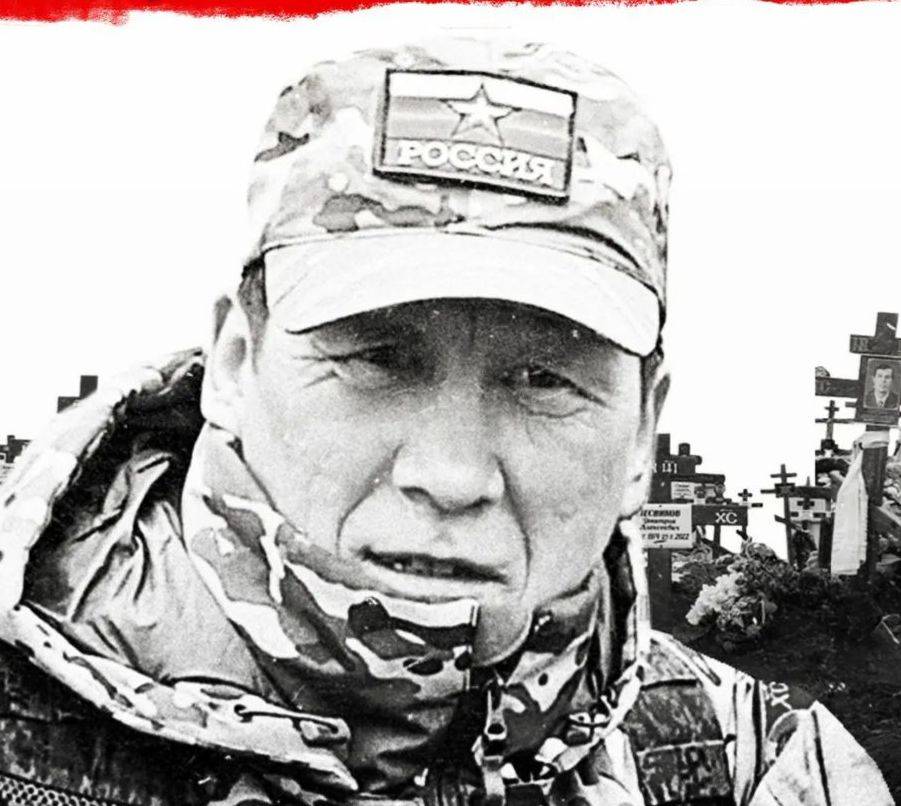Mr Poul Jacob Erikstrup, Sector Counsellor in Food and Agriculture, Embassy of Denmark in Nigeria has expressed his disbelief that Nigeria, with 21 million cattle, still imports milk into the country.
Erikstrup said the nation can be independent in milk production if ranching is adopted instead of old-fashioned open grazing.
Speaking in Kaduna at a workshop on setting up of Damau Household Milk Farm Cooperative, organized by Milk Value Chain Foundation, Mr. Jacob said Denmark had decided that food and agriculture were key to their engagements in Nigeria and would try to ensure that the programme worked fully in the country.
He said Nigeria’s milk production status can change with intensive focus on improving crop of feeds, weight improvement with focus on milk, proper management on how to bring the factors together and settlement of cattle in one place.
“We are trying to ensure transformation in dairy farming, because we feel how can a country have 21 million cattle and still need to import milk products.
“Something need to be done and we fully agree to that and we are very much engaged in how to support the transformation, so that the country can be self-sufficient in milk production,” he said.
The Chief Executive Officer of the Foundation, Dr. Ishaq Bello, said that the Damau Household Milk Farm was initiated by the Kaduna State Government and supported by the Embassy of Denmark in Nigeria.
He lauded Governor Nasir Ahmad El-Rufa’I for funding the transparent and competitive selection of the beneficiaries and appreciated the Danish Embassy for providing grants for the project, adding that 1000 households were settled at Kubau Local Government Area to ensure adequate and steady supply of dairy milk in Nigeria.
The Executive Chairman of the Damau Cooperative, Dr. Idi Abdul, said the project is about ranching in a modern way.
He said they no longer practice the traditional open grazing as they were confined to a place where they grazed their cows, which mitigated some of the conflicts between herdsmen and farmers.
“You will not even graze out of the yard, talk less of you grazing on the farmer’s crops,” he said













